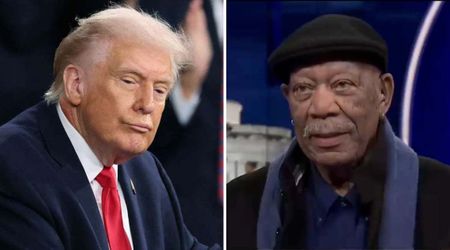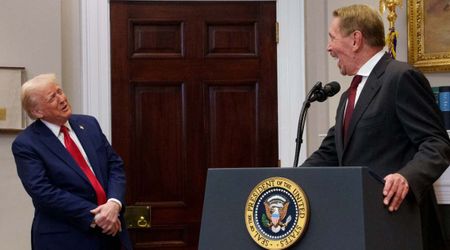John Fetterman breaks with Democrats over shutdown: ‘I follow country, then party’
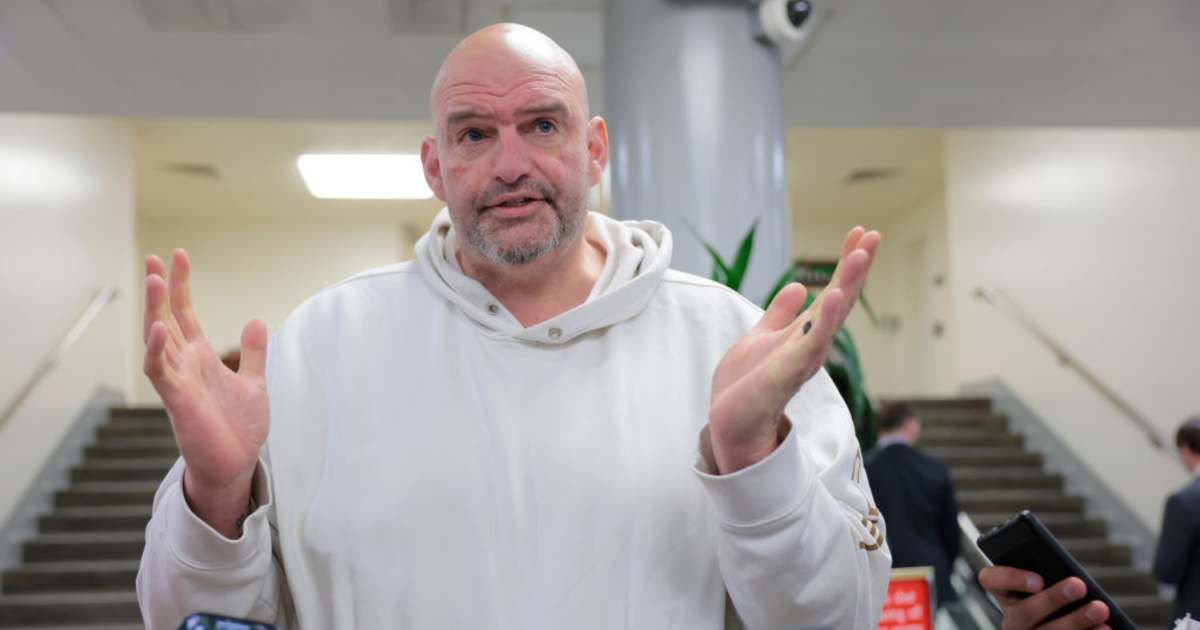
“I follow country, then party,” Sen. @JohnFetterman, D-Pa., tells @BillOReilly. “It’s the wrong thing for the country, and in a period of chaos, I refuse to shut our government down.”
— NewsNation (@NewsNation) October 16, 2025
MORE: https://t.co/D3j10Ja74k pic.twitter.com/zSYDigXIrj
WASHINGTON, DC: Senator John Fetterman (D-Pa) sharply criticized Democrats over the ongoing government shutdown during a live town hall at the Kennedy Center on Wednesday, October 15, night, saying that discussions on health care subsidies and other policy priorities can only happen once the government is fully funded.
Fetterman stressed that putting the country first takes precedence over party loyalty, highlighting his willingness to break with his party on funding matters.
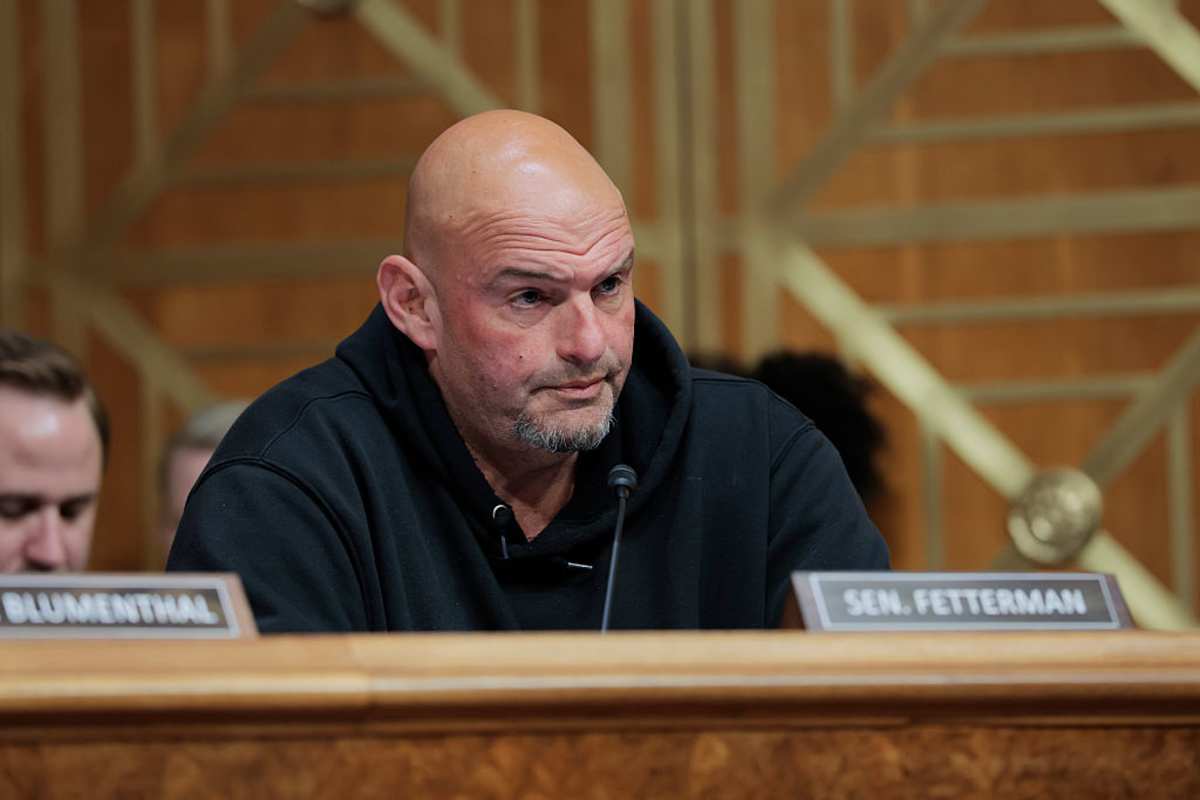
John Fetterman emphasizes country over party
“I follow country, then party,” Fetterman said during the NewsNation town hall. The Pennsylvania senator addressed the frustration of some constituents who have criticized him both for his position on the government shutdown and for his stances related to the recent conflict between Israel and Hamas prior to the ceasefire.

“I would love to have a conversation on health care [subsidies],” Fetterman continued. “But [the shutdown] is wrong for the country … . I can’t vote for shutting the government down.”
Fetterman was one of only three members of the Senate Democratic Conference to support a Republican-backed proposal to fund the government through November 21.
The other two were Senator Catherine Cortez Masto (D-Nev) and Senator Angus King (I-Maine), an independent who caucuses with Democrats. His decision reflects a rare bipartisan stance within the Democratic Senate, underscoring his prioritization of functional governance over party strategy.
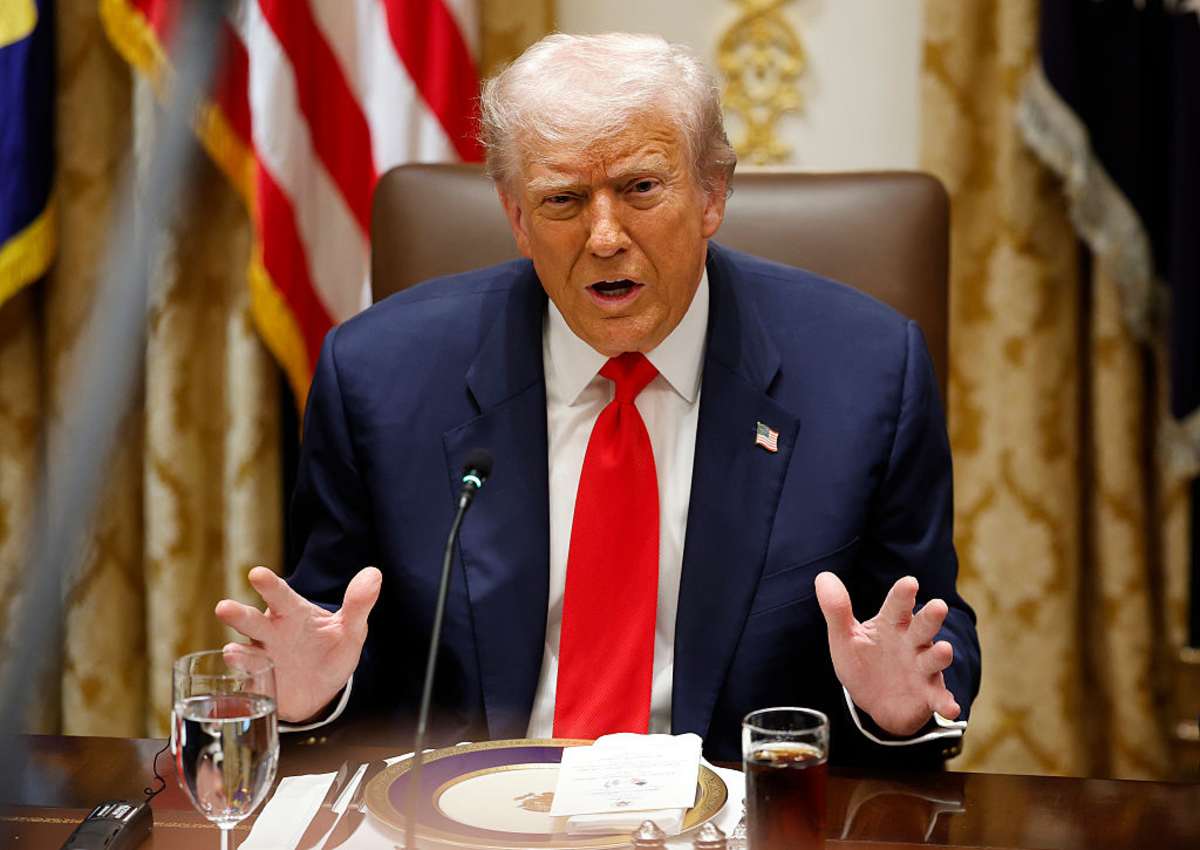
Fetterman also noted that the shutdown has left him feeling “very isolating,” comparing it to criticism he has faced over his support for Israel.
On Sunday, he told Fox News’s Maria Bartiromo on 'Sunday Morning Futures' that navigating constituent dissatisfaction during crises requires careful balancing between personal convictions, party expectations, and the nation’s broader interests.
Republicans push for legislative progress amid shutdown
Senate Majority Leader John Thune (R-SD) said Wednesday that Senate Republicans plan to introduce a Pentagon spending bill on the floor on Thursday, pressing for movement on federal funding despite the standoff.
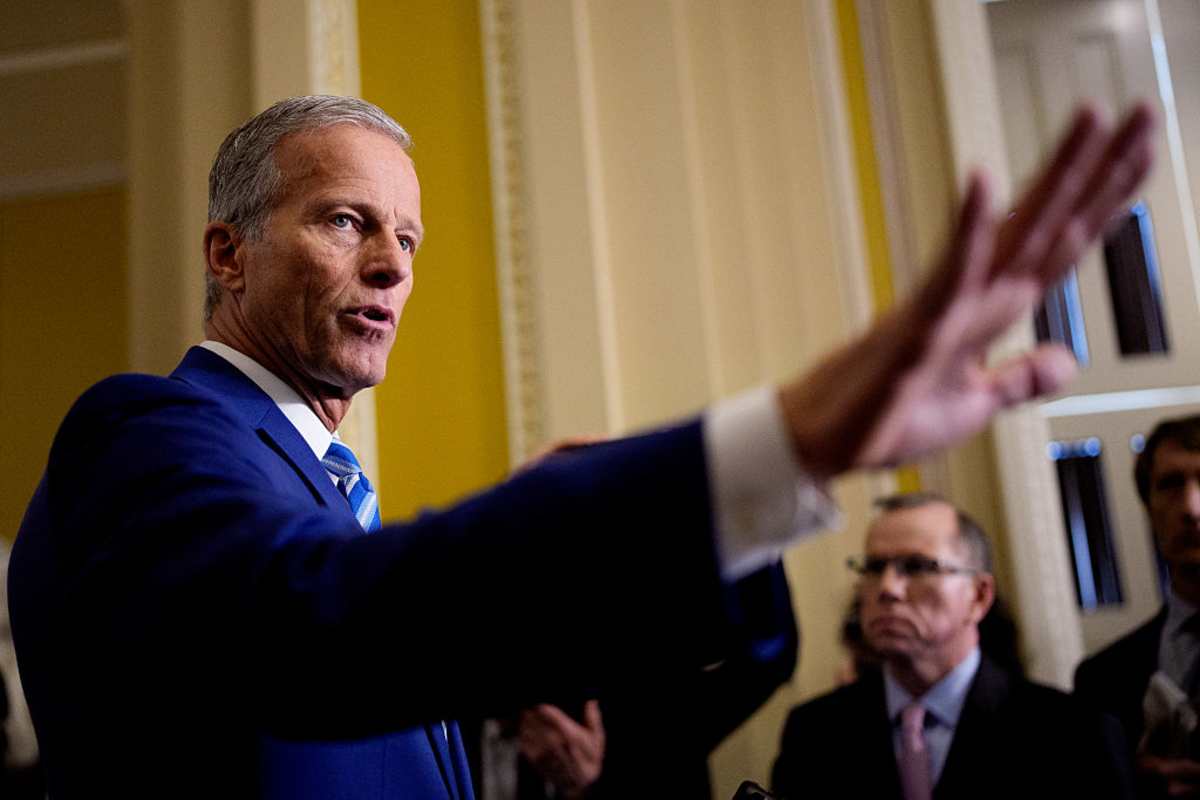
“We need to get the appropriations process going either way,” Thune told The Hill. “If we’re sitting around here voting every day and [Senate Democrats] keep voting to keep the government shut down, we need to be trying to move the needle on some of the other stuff that we need to get done.”
Thune’s comments reflect Republican concerns that ongoing partisan stalemates are preventing essential government operations and complicating broader legislative priorities, including defense and emergency funding.
Democrats respond cautiously to GOP push to end shutdown
Senate Minority Leader Chuck Schumer (D-NY) acknowledged the Republican push but indicated that Democrats are taking a measured approach.
“We want to see what Republicans could add to the bill before we decide on a vote,” Schumer said. The statement suggests that negotiations remain fluid, with Democrats signaling openness to compromise while weighing policy implications and political strategy.
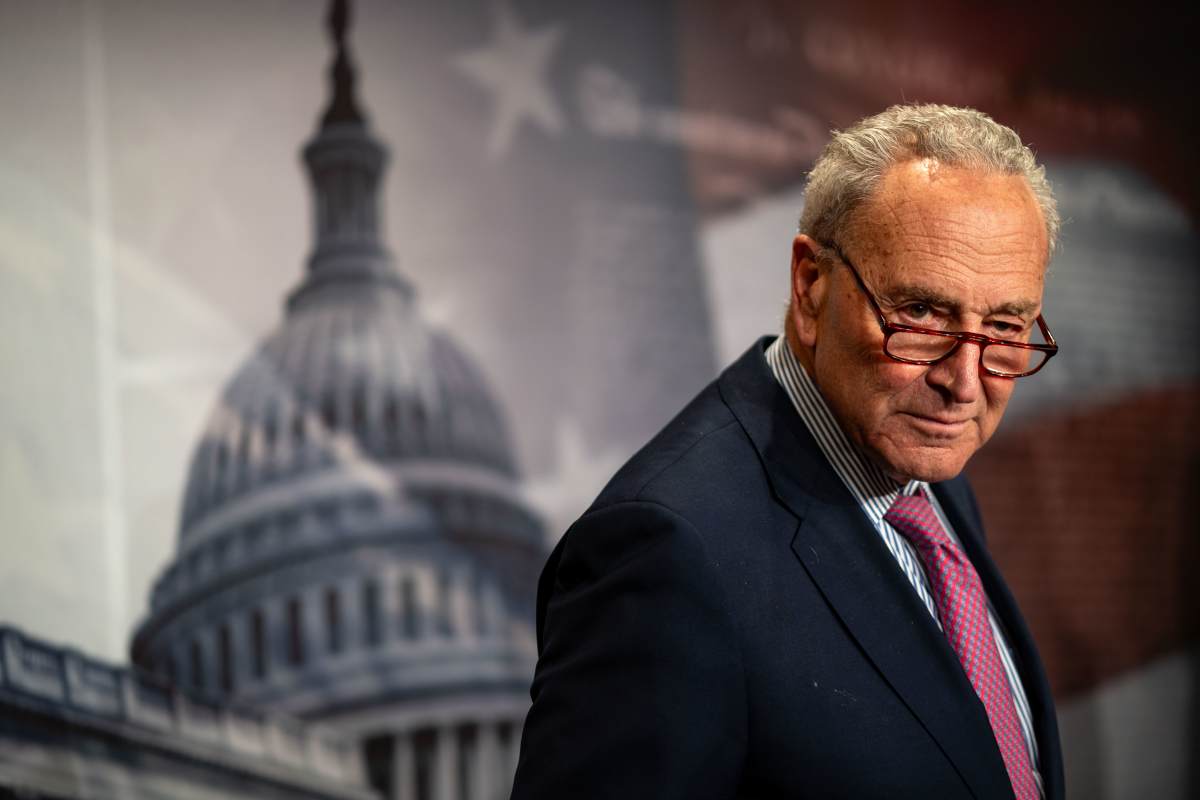
The government shutdown has stalled several federal operations, affecting agencies and services critical to public welfare. The impasse has intensified partisan tensions in Congress, with members of both parties leveraging funding bills to advance broader agendas while balancing constituent needs.
Fetterman’s statements, both in the town hall and previous interviews, highlight the delicate balancing act faced by legislators navigating policy priorities, party pressures, and constituent expectations during a protracted federal funding crisis. His stance underscores a growing emphasis among some senators on prioritizing national interests over strict party alignment.





